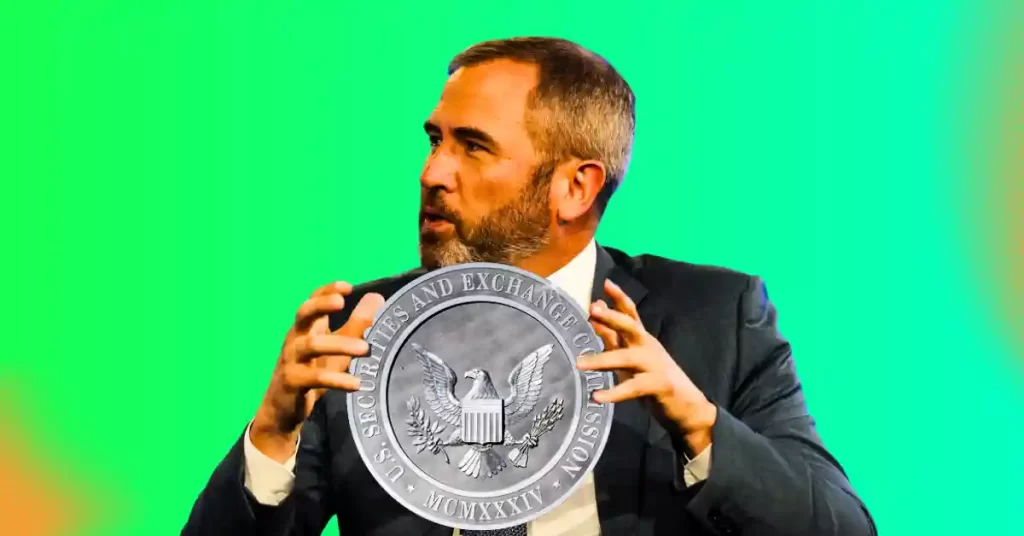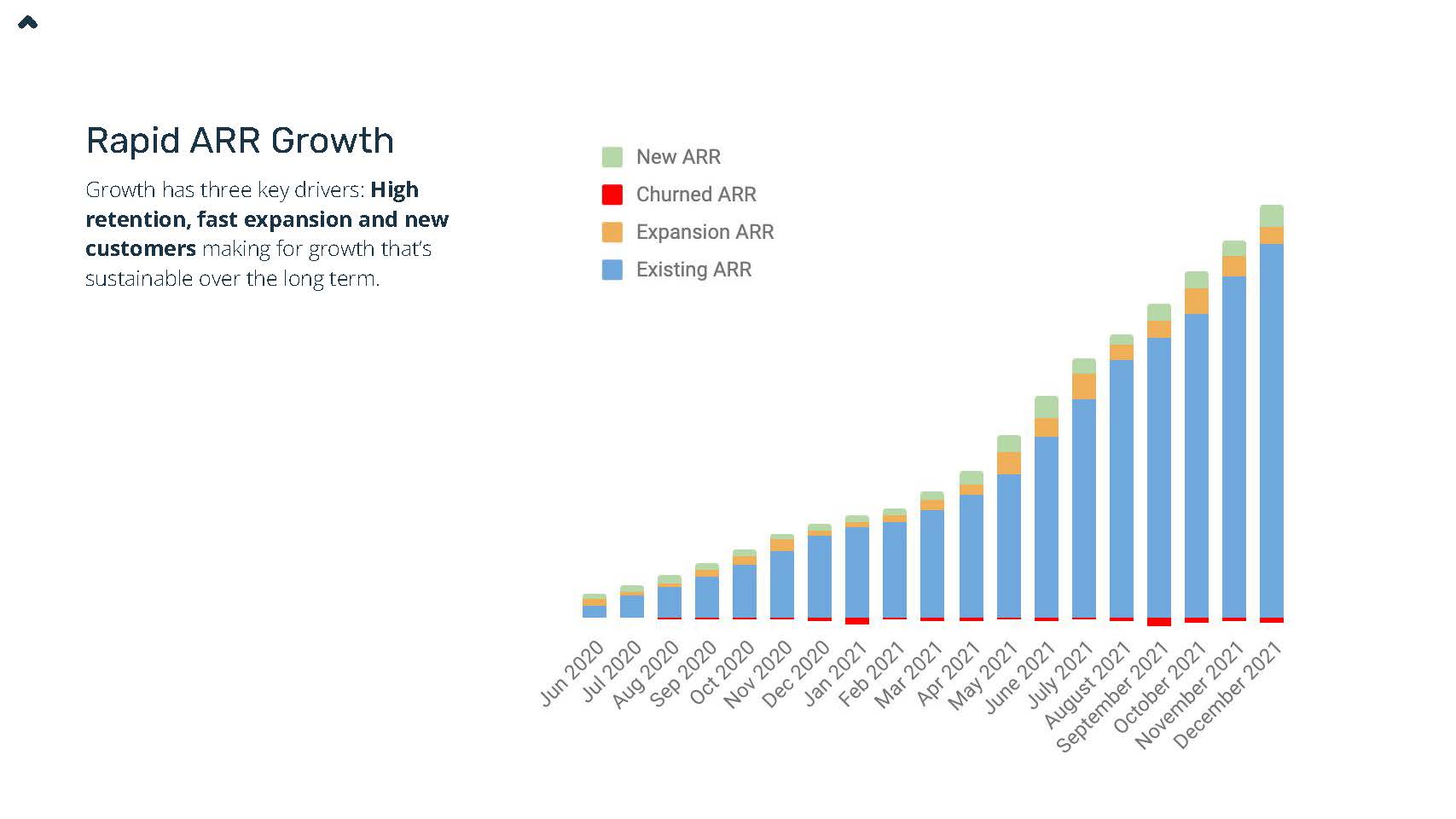
The post XRP News : Why CEO Of Ripple Was De-Banked appeared first on Coinpedia Fintech News
Ripple’s CEO, Brad Garlinghouse, dropped a bit of a bombshell recently. At DC Fintech Week, he shared that he was personally de-banked by Citigroup Inc., a bank he’s been with for 25 years. Why? Because of his ties to cryptocurrency. It’s not just him though. This reflects a growing trend where U.S. banks are stepping away from anyone in the crypto space, mostly due to pressure from regulators. It’s a tough time to be in crypto, at least in the U.S.
Garlinghouse Fires Back at U.S. Crypto Rules
Ripple CEO isn’t exactly staying quiet about how he feels, either. He took aim at the Biden administration, especially Gary Gensler, the head of the SEC. He called Gensler’s approach a “reign of terror” over the industry. He didn’t stop there. He pointed fingers at the U.S. Treasury and the Office of the Comptroller of the Currency (OCC) too, saying they’re all making life tough for crypto businesses. But there’s hope. He believes the 2024 election might shake things up for the better.
XRP ETF: Just a Matter of Time?
Here’s where things get really interesting. Garlinghouse hinted that an XRP Exchange-Traded Fund (ETF) is inevitable. That’s huge. If it happens, it could mean Ripple’s XRP will find its way into more traditional finance markets. This could be a game-changer for how people view and use XRP, giving it a push toward mainstream adoption.
What’s Next?
But it’s not all positive news. Garlinghouse had some advice for crypto startups: consider setting up outside the U.S. The current regulatory scene is too unpredictable, and Ripple’s legal fight with the SEC shows just how risky things can get. He seemed pretty sad to say this, but protecting your business comes first.
As we move through 2024, all eyes are on how U.S. policies will shift, especially when it comes to crypto. The future might be uncertain, but big changes could be coming.

 1 month ago
35
1 month ago
35














 English (US) ·
English (US) ·